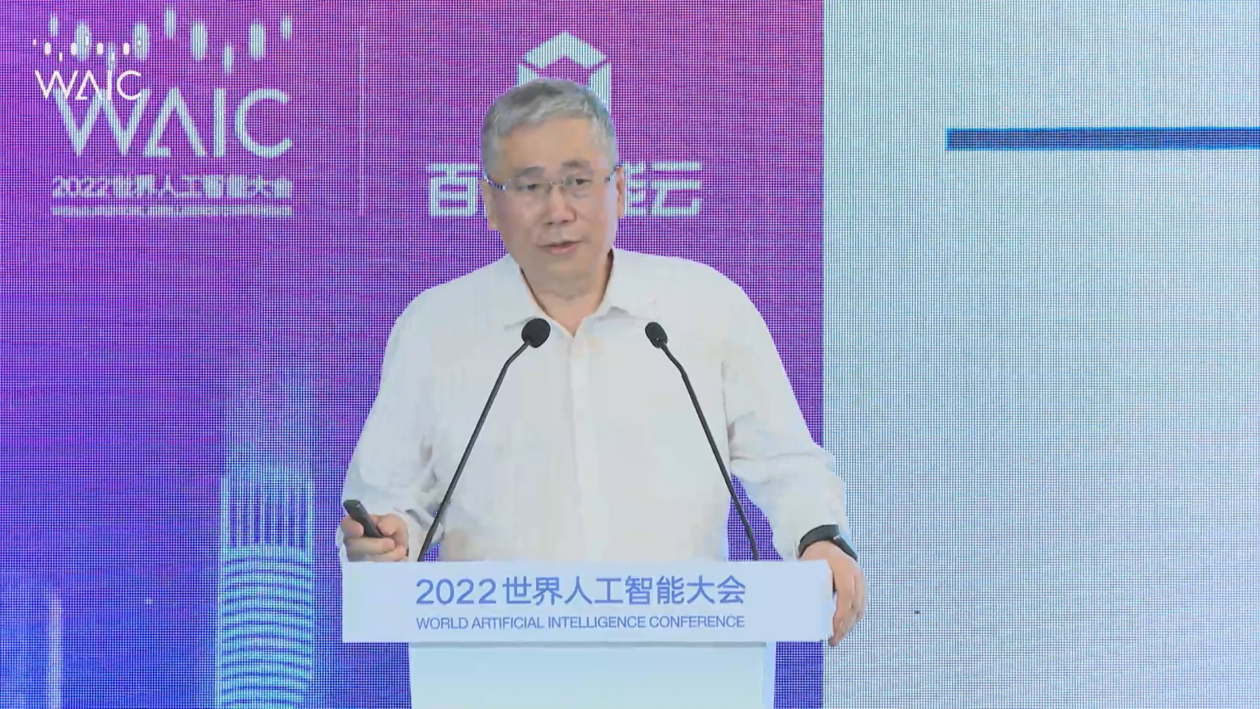China should issue a digital yuan-collateral stablecoin to establish an on-chain payment system for China’s metaverse, as the infrastructure developed by China itself is the key to ensuring national security, said influential academic Zhang Ping of the Chinese Academy of Engineering, an institution providing policy consultation to the Chinese State Council.
See related article: Naver’s Zepeto metaverse teams with Thailand’s telecom giant True
Fast facts
- In a remark on Thursday at the 2022 Word Artificial Intelligence Conference held in Shanghai, Zhang said Web 3.0 with a blockchain-based payment system will form the metaverse’s infrastructure, and China must dedicate its own metaverse infrastructure to prevent “becoming the largest data producer while other countries master the core technologies and standards.”
- His comments contrast with China’s ban on the use of privately issued cryptocurrencies in the country.
- Zhang suggested the Chinese central bank should issue a crypto RMB for a metaverse payment system, as it can “tighten the alliance between the government and the market.”
- Zhang said the central bank could authorize commercial banks to operate the stablecoin, starting with a small pilot project and then expanding to the whole country gradually.
- Zhang added that the metaverse involves national security issues of sovereignty and ideology. He believes Web 3.0 made by pure software-based protocol has risks in applying regulation and control, “in my perspective, the current Web 3.0 may not be suitable for the existing system in China.”
- Beijing is abuzz over the metaverse. The metaverse was first discussed at the 2022 “Two Sessions” — the annual meetings of China’s major political bodies. The China Securities Regulatory Commission director’s latest book makes a deep dive into Web 3.0.
- The Chinese National Security Ministry-backed think tank said in an article in May that the metaverse could threaten national security.
See related article: Beijing, Hengqin ramp up metaverse amid struggling economy





